Whether you’re opening up social media, visiting websites, or even shopping in stores, AI is prevalent in our daily lives.
Many companies nowadays, especially more technology-centered corporations, are experimenting and implementing artificial intelligence (AI) features left and right. Auto-generated responses, image generations, summarizations, and all kinds of new adaptations are being implemented into different corners of the internet. Artificial General Intelligence (AGI), AI that can learn, think, and adapt like a human, is being tested by corporations like Google and OpenAI. This poses a big question: What is our future with AI? People losing jobs, the need for certain professions, and the authenticity of things being harder to prove are all concerns people have regarding AI.
There are many different opinions about AGI and AI as a whole. Students at Chamblee are wary of AI regarding its generative feature. Some worries stem from AI’s ability to fabricate and create realistic photos or videos that are hard to differentiate from real media.
“Creating AI security footage and other court evidence could be catastrophic and lead to a lot of innocent people getting framed or guilty people going free. If I had one concern about the future of AI, it would be this one,” said Ben Gotsch (‘27).
There are also concerns about the falsification of evidence and realistic voices. According to “Examining the Potential Benefits and Dangers of AI”, AI poses serious dangers with its generative abilities. Jeffrey Shaffer, a professor at the University of Cincinnati, said, “AI can now imitate your voice. There are examples of all sorts of celebrities. That’s now an issue. You could take 20, 30 seconds of somebody’s voice, drop it into the system. People will be able to imitate your family’s voice, a celebrity’s voice. You won’t know if that voice is real or not.”
Some students are worried about the future, since AI could take over essential jobs, especially in the coding and computer industry.
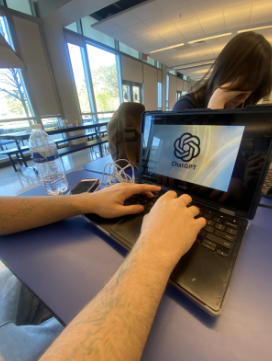
“I think [AI is] very harmful to human society. AI takes jobs, and many careers, including those in education, are at risk of being fully replaced by it,” wrote Aiden Armstrong (‘26).
The Pew Research Center conducted a survey using U.S. workers, asking them about their opinions of AI in the workplace. According to the Pew Research Center, “About half of workers (52%) say they’re worried about the future impact of AI use in the workplace, and 32% think it will lead to fewer job opportunities for them in the long run.”
Along with researchers, college students also share their concerns about artificial intelligence being able to work.
In an article written by the New York Times it states, “I am worried about AI taking over human jobs. Tech jobs are one of the most vulnerable to being replaced by AI, as they involve repetitive logical tasks which can be easily done by AI. I always fear that this would make my future degree useless, making me more inclined to think about majoring in math in college,” said Soha, a Computer Science major.
There are many uses of artificial intelligence in social media apps. It has become very common to see AI-generated media, AI chatbots, and other AI content. Students believe that most of these features are uncreative and useless.
“Content creation [is] a form of human expression and art, [and] I believe people who use AI for content creation should be ashamed and it shouldn’t be practiced,” said Conor Coy (‘27).
Some people dislike the creators of this type of content due to their impact on society.
“I think they are actively robbing themselves of being human. I hold such a great amount of disdain for people who [use AI to generate content],” said Skylar Schwartz (‘25).
The media is sometimes seen as entertaining by some, but due to its harmful nature, most students seem to dislike it.
“Although funny at times, I hate it,” said Vera Kurbatova (‘27).
From an educational perspective, some students use AI in school to help them learn and do other activities.
“[I use AI because] it makes life easier, and also sometimes helps me understand things,” Ava Pyron (‘27).
On the other hand, some students seem to dislike the use of AI for assignments, essays, etc.
“I don’t use AI in school, as I question its quality and find ethical problems with it like plagiarism, working conditions of those who train neural networks, resource consumption of the hardware required to upkeep AI programs, etc.,” wrote Amelia Owens (‘27).
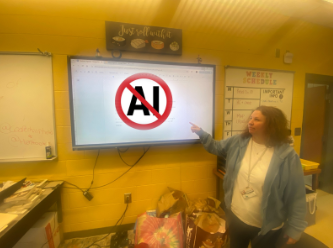
Some don’t use AI due to its environmental effects and its harm to its surroundings.
“No, I don’t. I can’t learn with AI doing my work for me, and the benefits don’t outweigh the harm it does to the environment,” Jamie Allison (‘28).
The harm that AI causes to the environment is also a reason it is frowned upon.
According to an article published by the University of Oxford, “These systems consume a huge volume of hardware and natural resources. Computing now accounts for more emissions than the aviation industry, and current development is trending towards ever larger and resource-intensive datasets and models. A medium-sized data centre is estimated to use 360,000 gallons of water a day for cooling.”
Some students at Chamblee are aware of this environmental effect and use it as their reasoning against it.
“I believe that the issue of AI harming the environment [so] much needs to be solved before people keep abusing it,” said Julianna Wang (‘25).
Despite the impact it has, many people are still unaware of the fact that AI significantly affects the planet.
“[AI] uses a ridiculous amount of water to cool the servers, and it’s bad for the planet,” said Annabelle Shim (‘26).
And yet, many people believe that AI has potential if used in the right ways.
“I think there are many good uses for AI but too many people are using it for useless and harmful ways,” said Wang.
Overall, there are different opinions on what the outcome of AI could be.
“AI seems very promising,” said Humna Ahmad (‘27). “It all depends on who uses it, but AI could advance technology immensely or cause great destruction.”

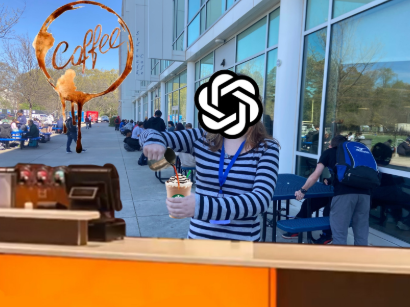
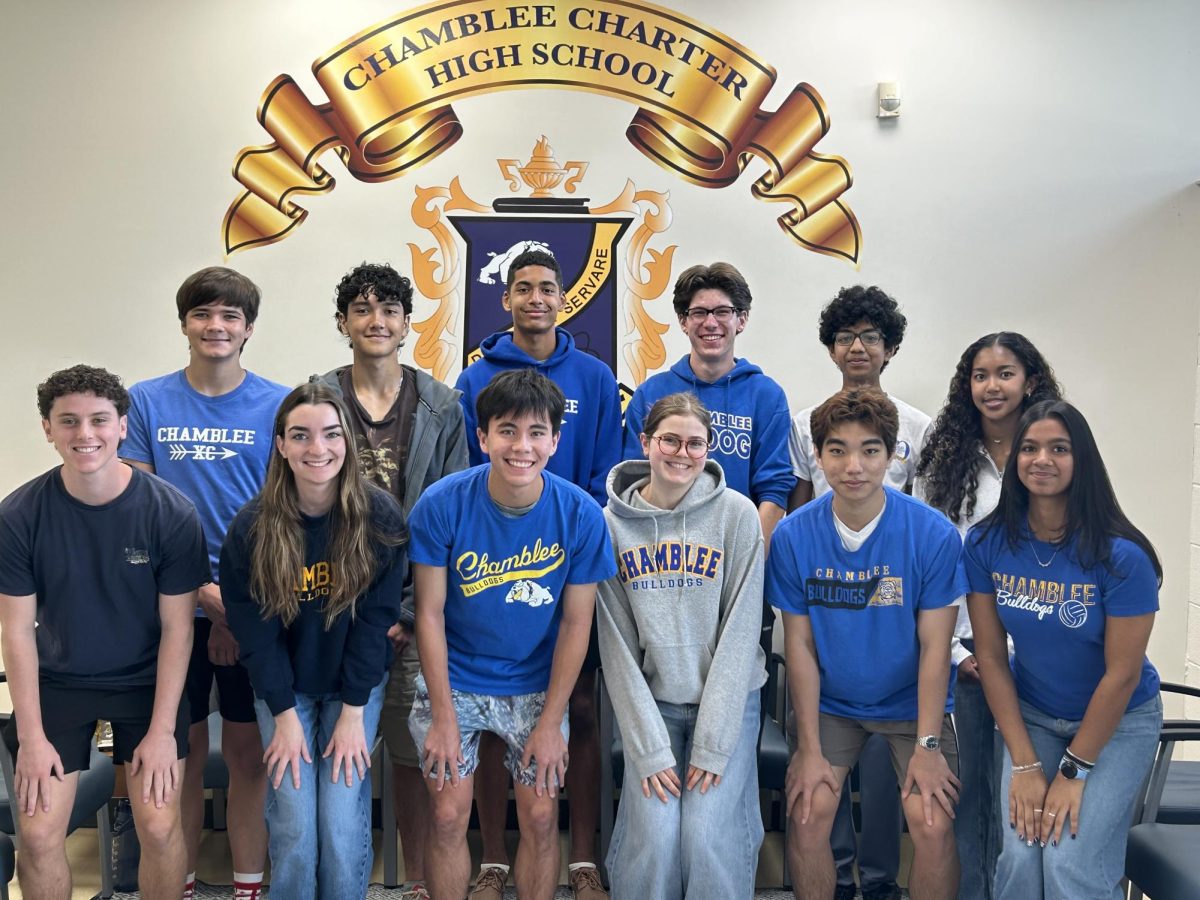
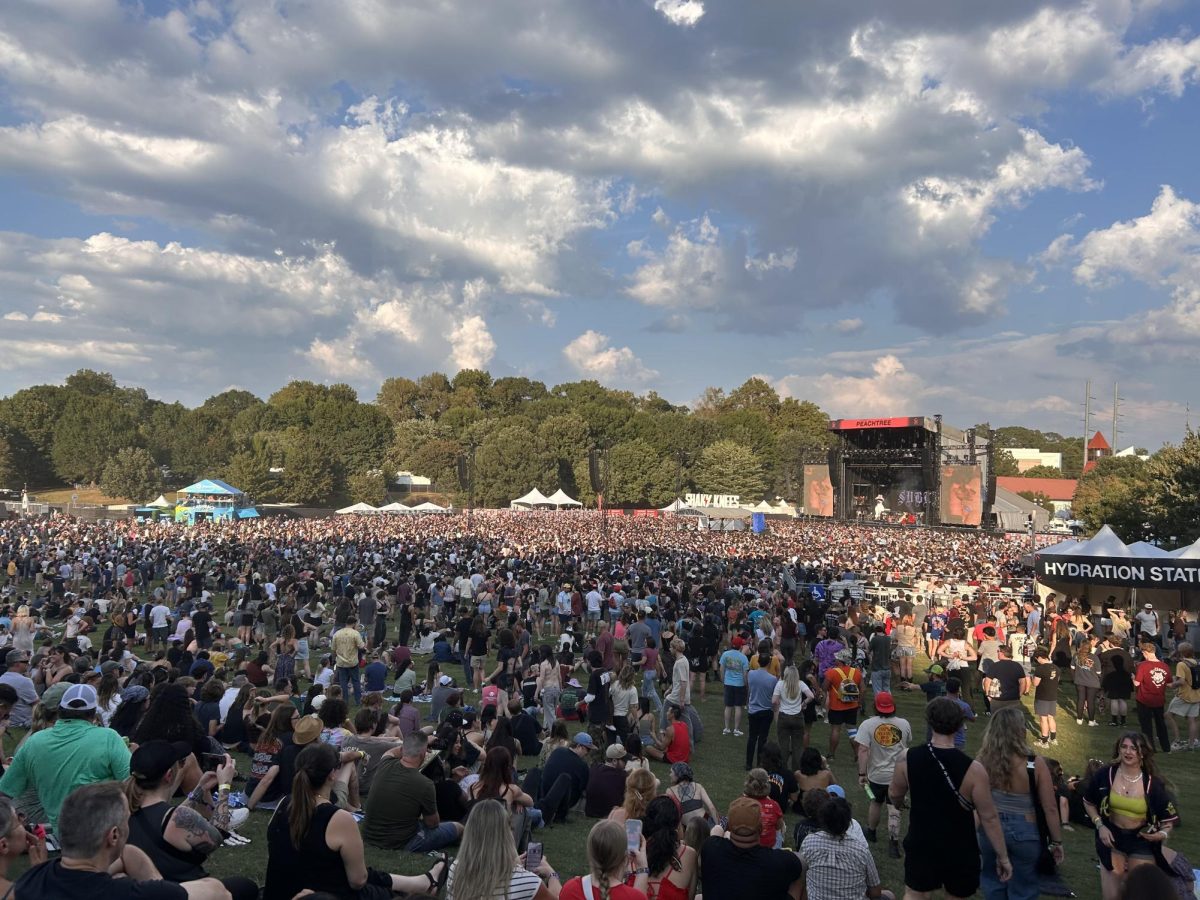




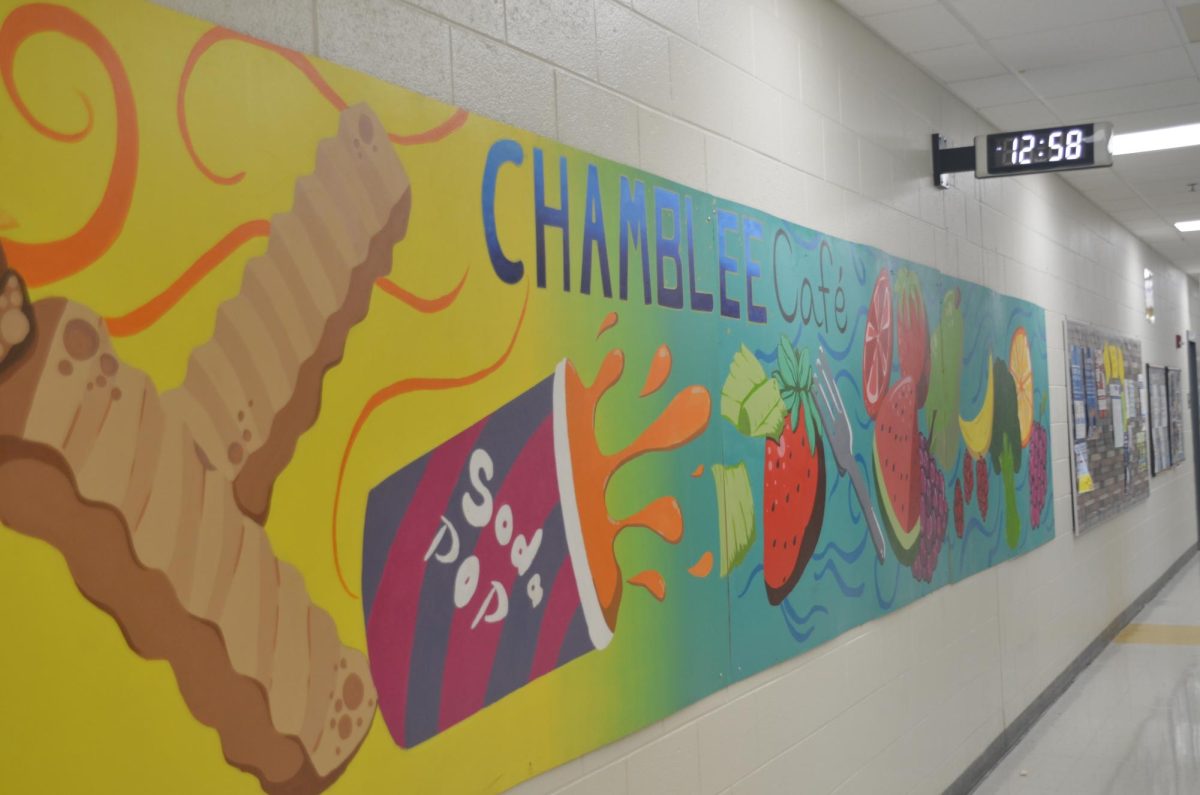




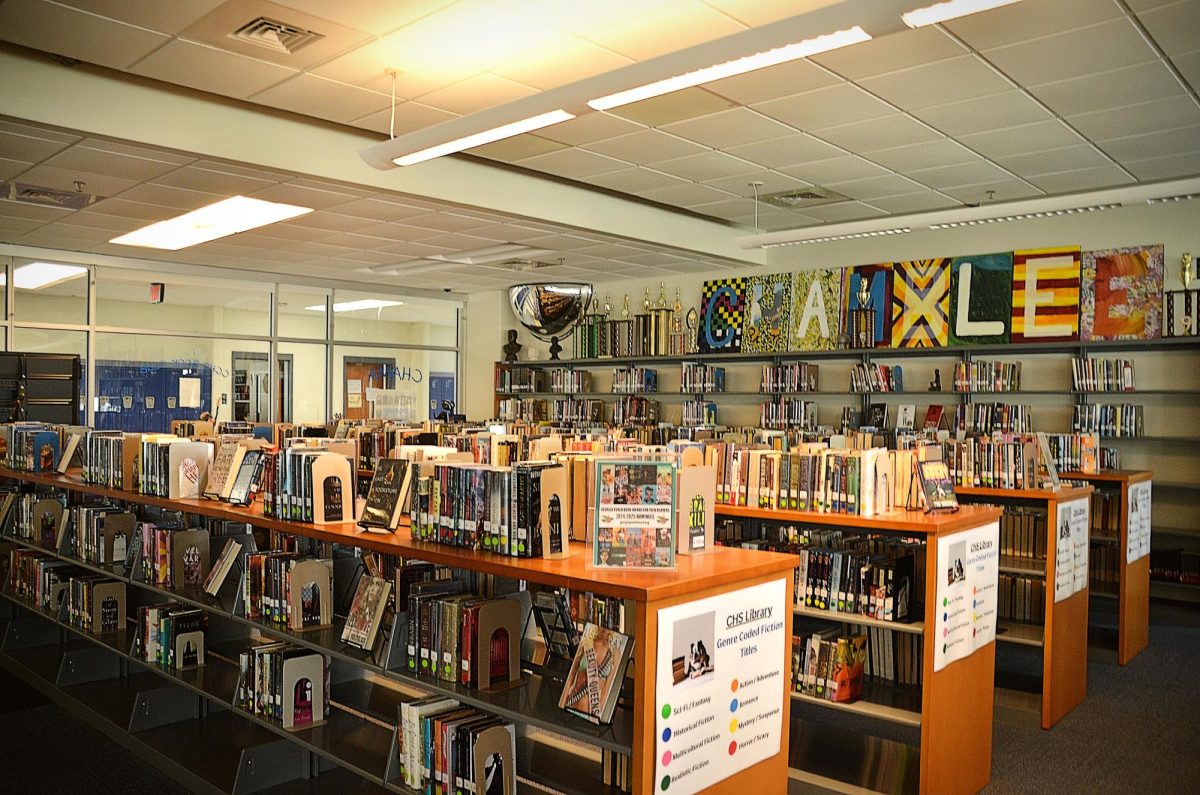
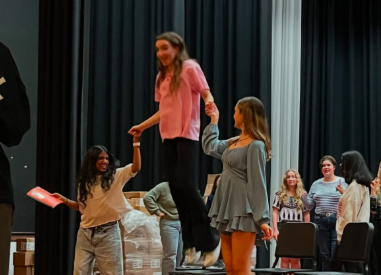




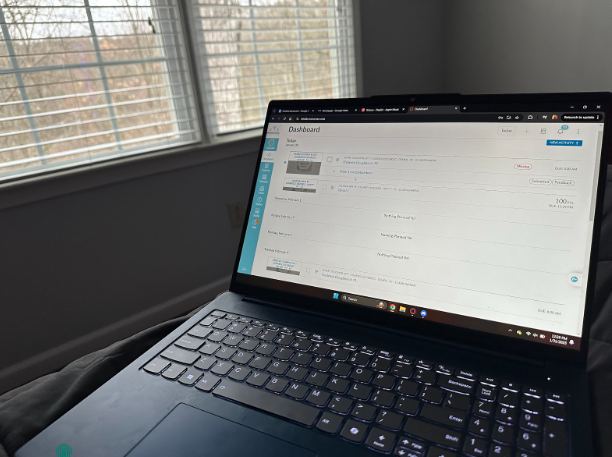

Delphi • Aug 21, 2025 at 10:35 am
I find it interesting to hear the opinions of different people. Good work!